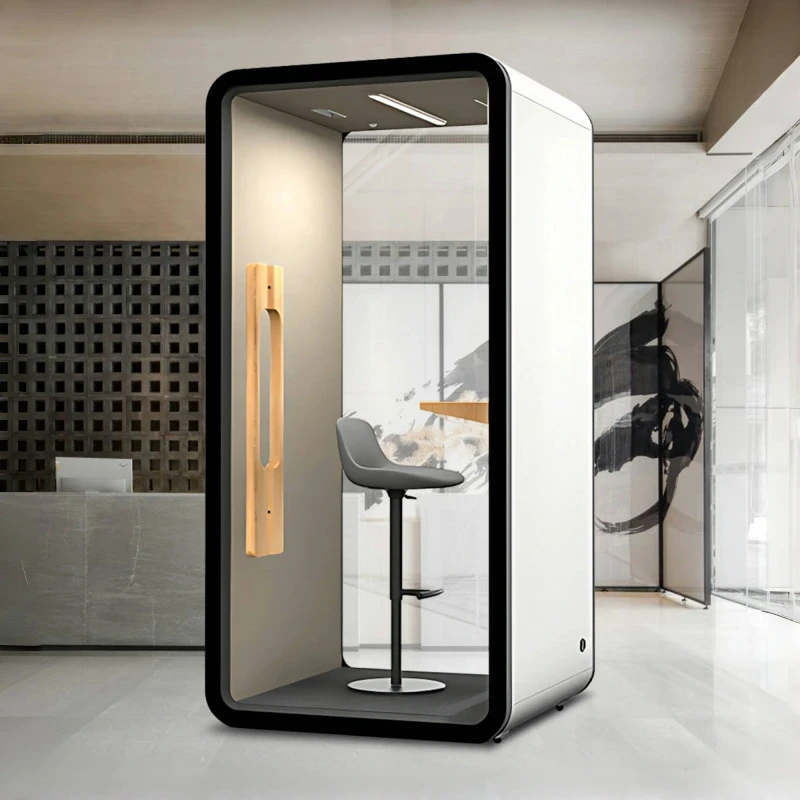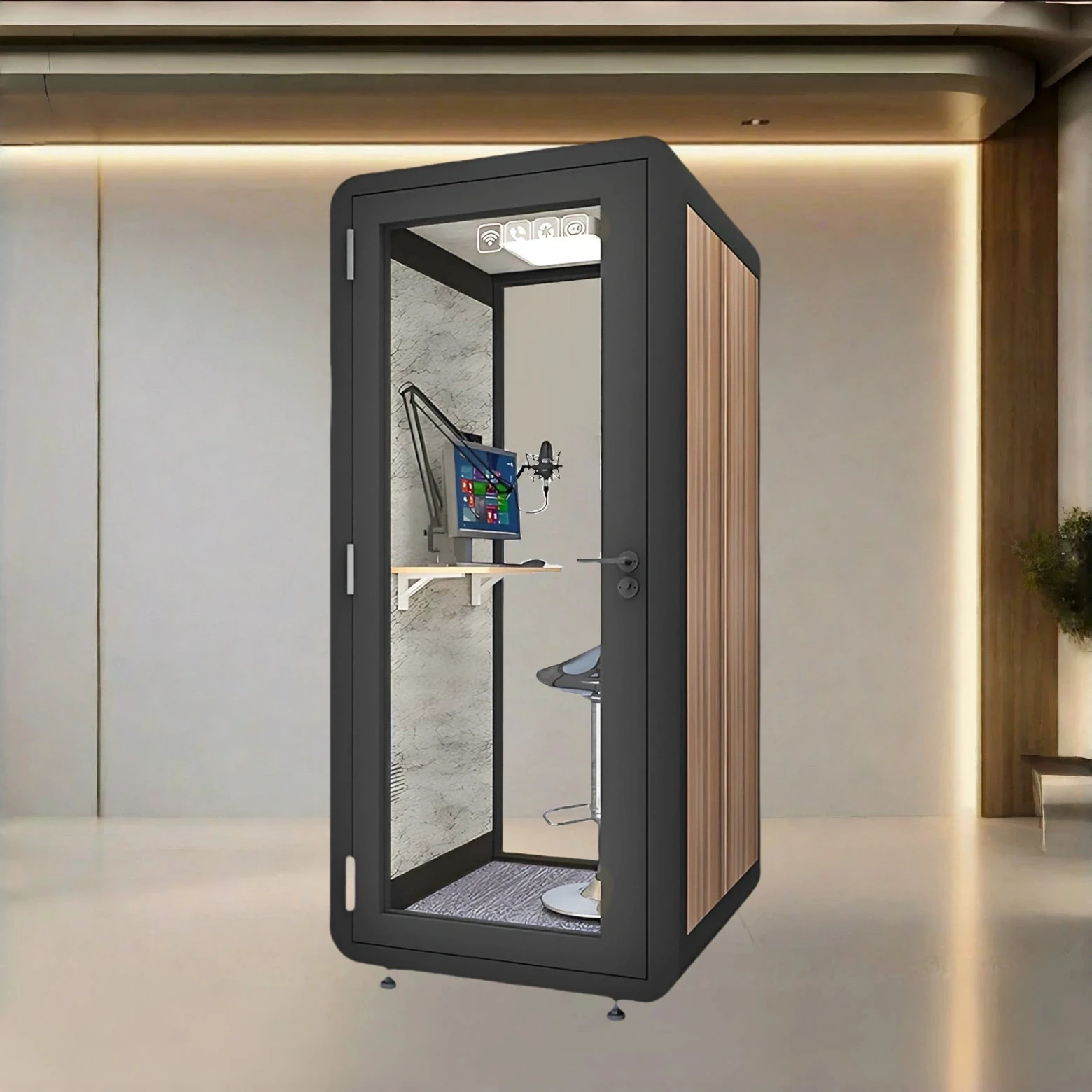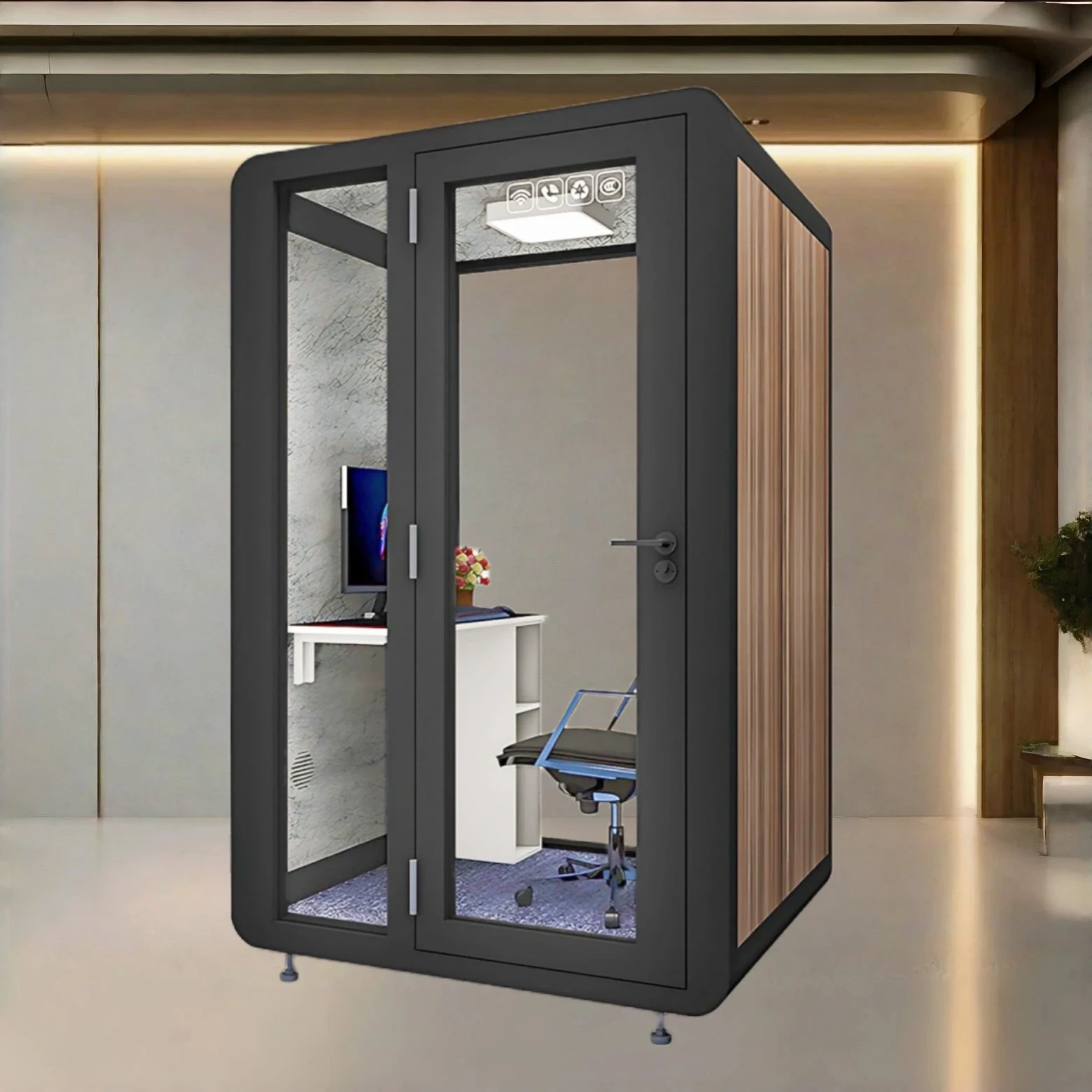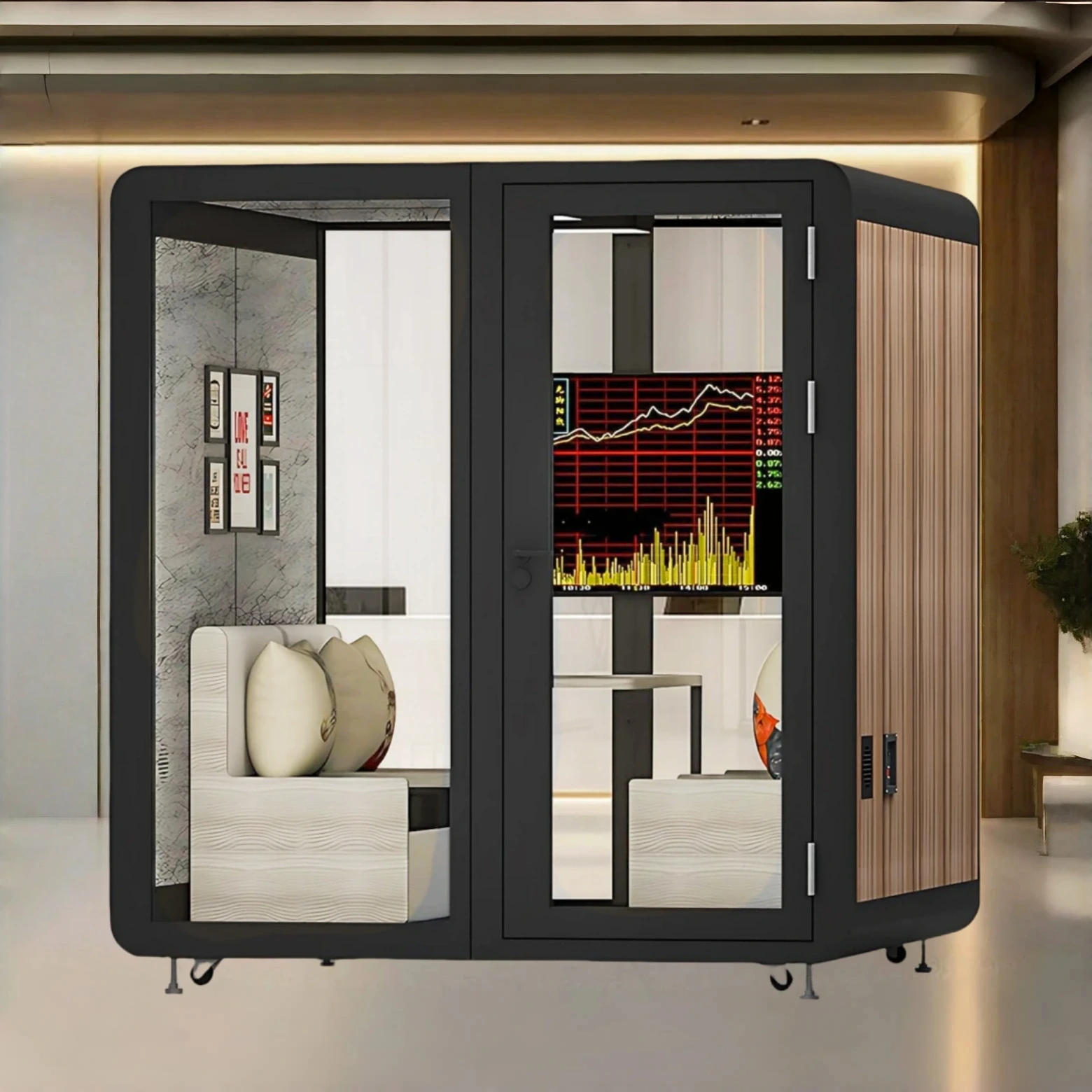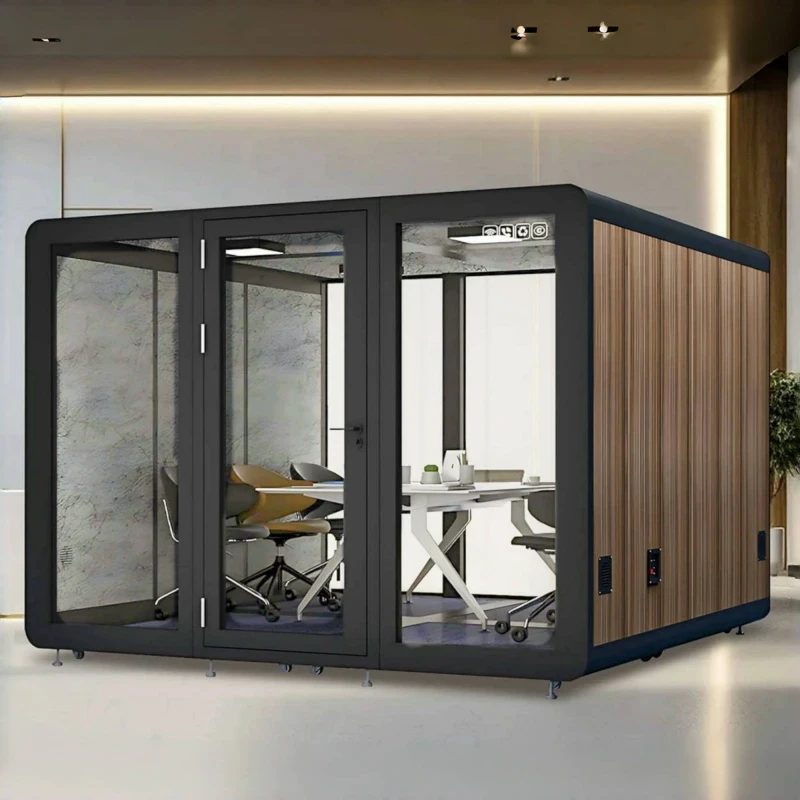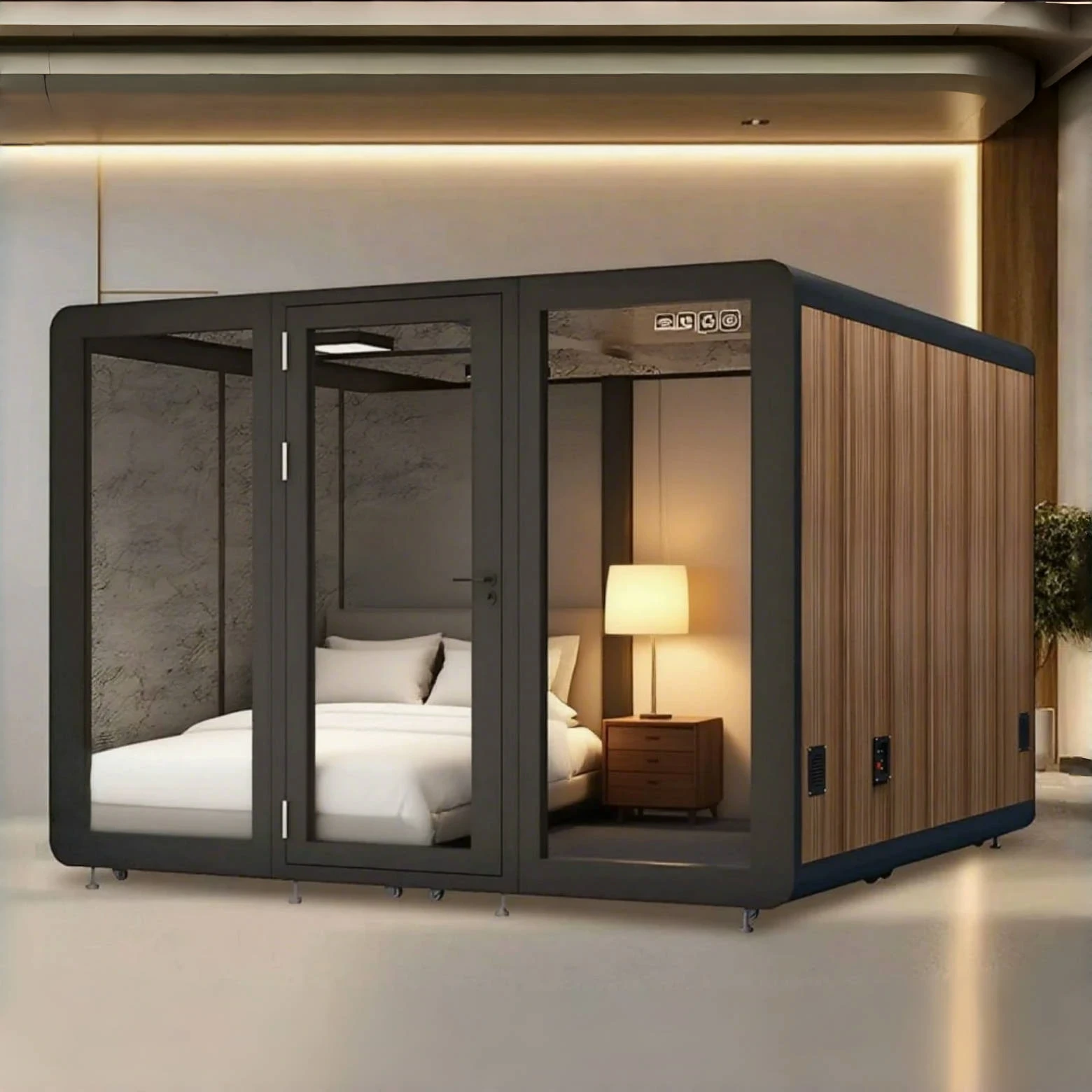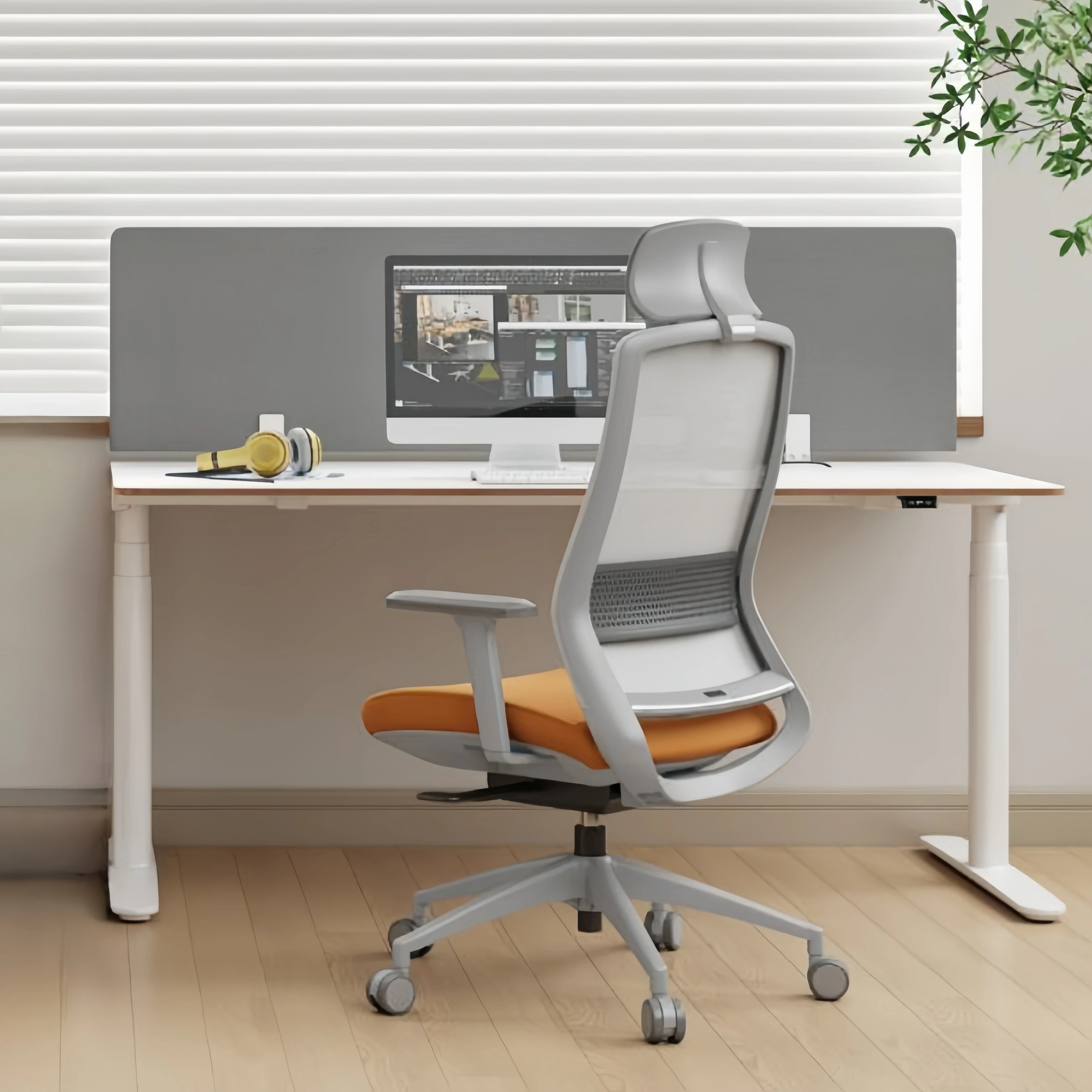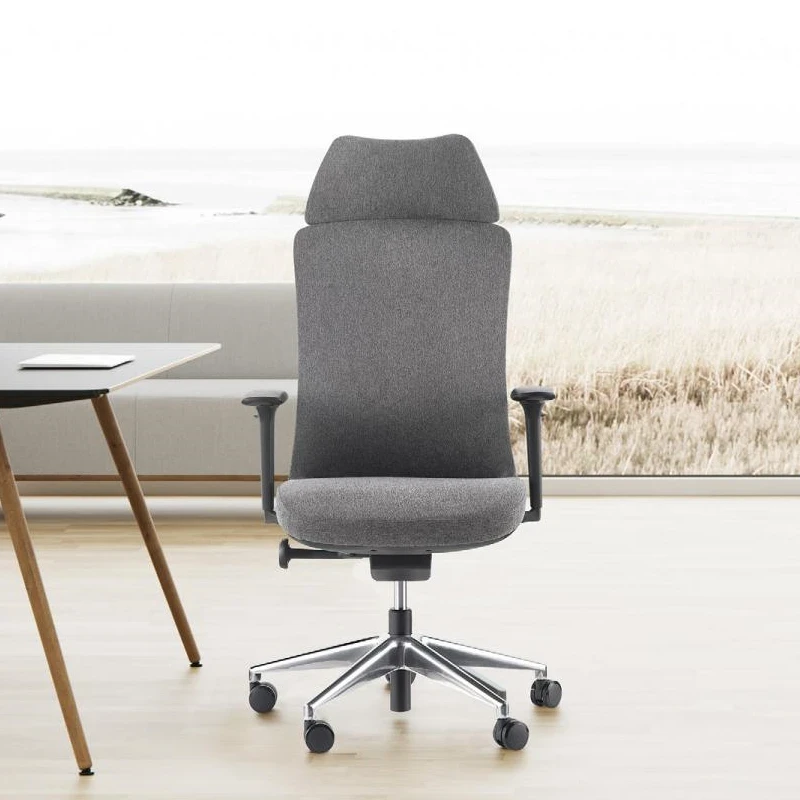Probably little in terms of improving health and productivity.
The health benefits of standing work may be somewhat overstated.
Some companies promote standing desks in the workplace. The rationale behind this is quite simple: we know that prolonged sitting is detrimental to our health. Dozens, if not hundreds, of studies have proven this time and again. There's no doubt that constant sitting with little exercise is detrimental to your health.
So, the idea is, just stand up. If you need to sit at a computer all day, get a desk that's elevated or moves up and down, and stand up to work. This will reduce the health risks of prolonged sitting, a major risk factor for health problems among working professionals.
Image description: A solution. Photo by ergonofis on Unsplash
However, as with most health interventions, the reality is more complex. While standing desks and other workplace standing interventions may lead to more time on your feet, they may not significantly improve your health or well-being. Let's look at the evidence.
1. The Science of "Standing"
The first thing to note is that standing desks (and other standing interventions in general) do indeed lead to more standing time. When I last wrote about this topic in 2018, the research didn't show much of an effect. Now, several large, well-conducted trials have shown that companies that invest significant time and money in standing desks and teach their employees to stand whenever possible see their employees increase their standing time by 30-60 minutes per day.
That sounds good—like I said, sitting is bad for you, so not sitting must be better. Except, it's not that simple.
Image Caption: It's not that simple. Photo by Lucas Santos on Unsplash
The problem is that we don't really care about sitting time per se. Excessive sitting is what's called a surrogate outcome—a sign of something else we consider problematic and want to improve. From an employer's perspective, there's some evidence that prolonged sitting can affect productivity and potentially impact safety. From an individual's perspective, prolonged sitting can lead to worse health outcomes, such as weight gain and heart problems.
We care about prolonged sitting because we assume it's linked to these long-term risks. By preventing prolonged sitting, we might also prevent other problems, but this isn't necessarily true.
Take, for example, a large randomized trial recently published in the British Medical Journal (BMJ) that examined the impact of a long-term standing intervention in the workplace. The researchers found that a multifactorial intervention that included standing desks increased employees' standing time by approximately one hour per day over a 12-month period. The study, with a large sample size encompassing dozens of workplaces, was well-conducted and generally reliable.
Photo by TheStandingDesk on Unsplash
In addition to measuring the amount of time people spent standing, the authors also measured participants' health, well-being, and productivity. For example, they looked at whether people lost weight, slept better, were more productive, or experienced less pain. The study found no significant differences between participants who participated in the standing intervention and had standing desks and those who did not.
This study found significant benefits for preventing prolonged sitting, but no significant benefits for the key health issues and other outcomes we care about.
This is a big question, because, as I said, standing only matters if it improves other things. If standing doesn't reduce pain, help with weight loss, or have other benefits, then what's the point of spending money on standing desks? Is it just to slightly change employees' posture while working?
2. Sitting vs. Standing
The research on standing desks has rarely addressed their health implications. The studies that have been conducted are fairly similar, with small sample sizes, primarily focused on demonstrating that standing desks cause people to stand more, while rarely examining their effects on health or productivity. Even the trials that have specifically examined health outcomes often have too small sample sizes to detect true effects. Some studies have found health benefits, some have not, but none of them are sufficiently robust to determine whether standing truly improves health.
Photo by Trinity Nguyen on Unsplash
In other words, it's not that we've proven that standing desks and standing interventions are a waste of time, but rather that we haven't conducted enough research to prove whether they are. To investigate these crucial health and productivity outcomes, we need larger studies with larger populations, something we haven't really done yet. That said, the new BMJ paper, to my knowledge, is the largest trial of these interventions to date, and found no significant differences between the intervention and control groups on any of the important outcomes. While there were some small improvements in some areas, it's safe to say that standing desks offer little benefit to health or well-being.
Image caption: Fancy enough, but maybe not worth it—it's hard to say. Image source: Standsome Worklifestyle
This means that if we do find benefits from standing desks in future large trials, they're likely to be quite small. We can't rule out the possibility that standing desks improve health, but we can say that spending a lot of time and money to get people to stand for an extra 60 minutes a day in the workplace may not yield much benefit on the things we actually care about. Yes, it will get people standing more, but a desk costing over $500 per person, plus the added costs of employee training and incentives, may not lead to the health benefits initially envisioned.
By any means, this isn't a definitive answer, as the research is limited. Personally, I've greatly enjoyed the standing desks I've used in the past; at least they allow me to alternate between standing and sitting. But will this improve my physical health and work efficiency? Not necessarily.

 USD
USD
 GBP
GBP
 EUR
EUR





